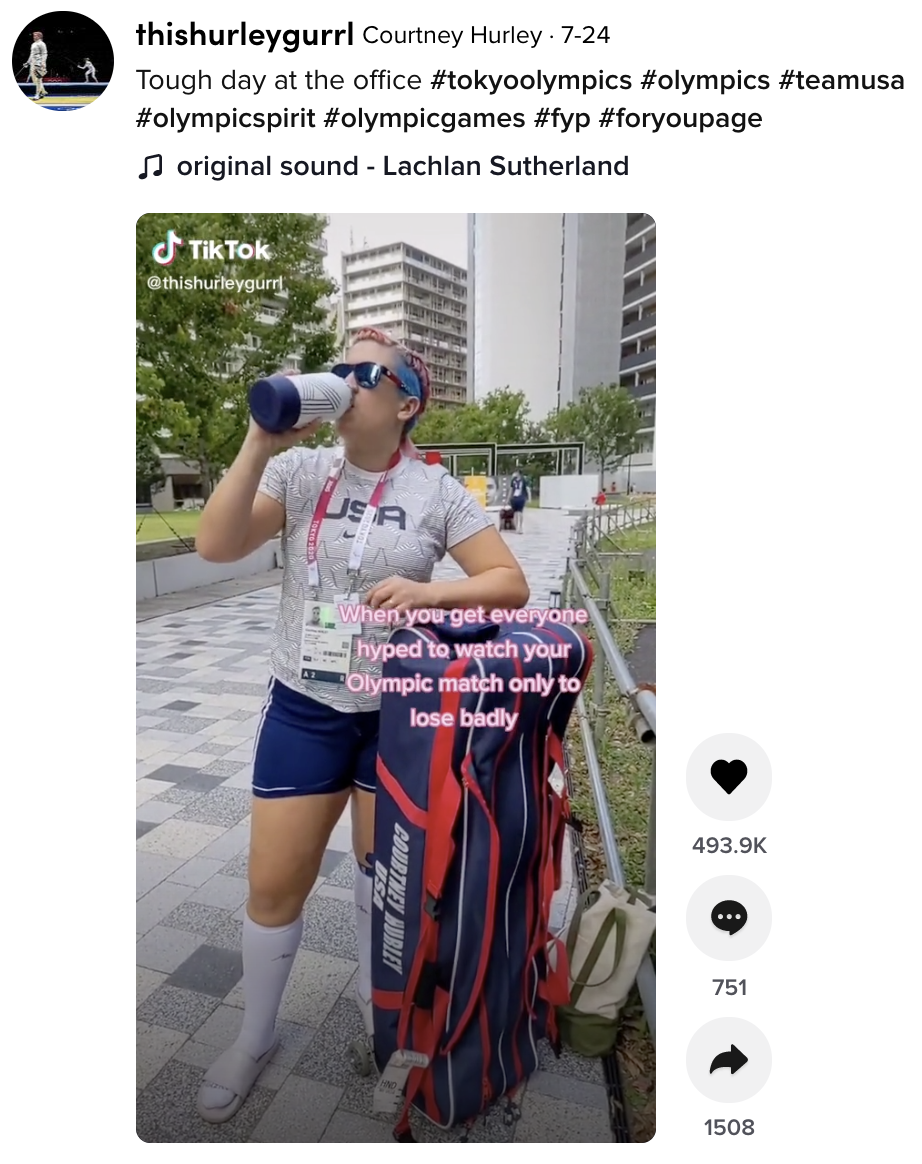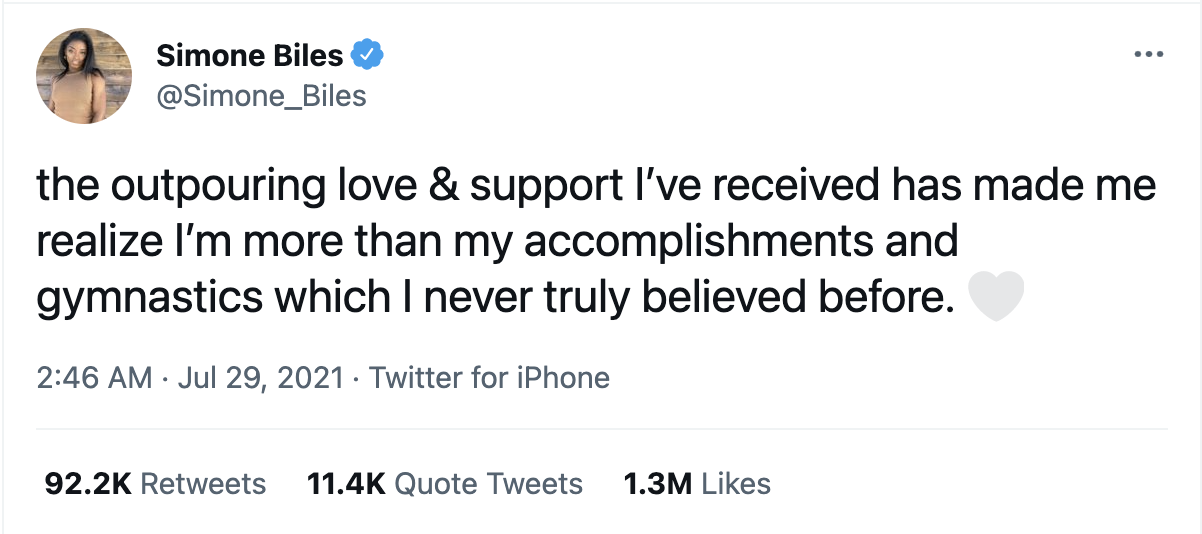Here at Flying Object, not all of us have been watching this year’s Olympics. At least, not directly. Instead, we’ve seen the games through platforms like TikTok and Twitter.
So we wondered how this kind of engagement might impact peoples' experience of the Olympics - and what it means for content creation in 2021.
Running commentary
A notable addition to coverage of this year’s games is content posted by the athletes themselves. More than ever, they’re sharing insights and footage of their own experiences in real time. With Olympians making their own content, our perception of them was delightfully refreshed, as we saw a side to them that was previously inaccessible. From the rigorous testing of their infamous cardboard beds or by joking about losing, athletes’ content surprised us with its humour and honesty.
More familiar is the amazing commentary from people watching the games at home. We loved seeing the funniest moments turned into memes or Leslie Jones (who we think should be an official Olympic commentator) brightening this year’s triathlon with a brilliant voiceover. These became perfect to share as they turned serious sports into relatable humour.
A conversation everyone can be a part of
Social media also gives viewers a direct line to the athletes they’re watching. They can interact with their posts and even Tweet directly to them. This dialogue has the power to create moments of collective feeling.
For instance, in moments of Olympic heartbreak, Tweeters came through (at least for the most part). We saw an outpouring of supportive messages sent to athletes - Sha’Carri Richardson, Simone Biles, Lee Zii Jia and Mary Kom to name just a few. Interacting with the athletes, rather than just spectating, extends participation in the Olympics to the people watching at home.
A spotlight on important topics
And it isn't all fun and games. Creators like fitswithlogs and samanthaansong have highlighted multiple instances of discrimination against black female athletes during the Olympics. For example, banning swimming caps designed for natural Black hair and barring CeCe Telfer from competing. Collectively, they tell a broader story – and expose enduring systemic issues around race and gender in sport.
The benefits of interactivity aren't just felt by the viewers. In the most positive instances of these conversations, the athletes themselves have their experience enriched by interaction. Take Simone Biles, who tweeted that the dialogue around her withdrawal from the competition had helped her see herself as more than just her accomplishments.
Good vibes for the win
Of course, not all the conversations online have been productive but the stories that gained the most traction are heartwarming and positive. Swimmer Yusra Mardini’s incredible journey (an icon) and Ahmed Hafnaoui’s family cheering him on at home as he wins gold (v. loud) are inspiring and moving. This kind of content gives us a glimpse at the human story behind athletes who succeed against all odds.
The best content we saw built the empathy needed for audiences to engage in conversations online. These moments allowed us to feel part of the action by inviting us behind the scenes - forging a direct connection between the athletes competing and the fans cheering them on at home.
Our gold medal winners were the shareable moments that let us in on the joke, clued us up on the issues or got us in our feelings. Together, they represent the power of social to enhance and expand traditional entertainment formats.


